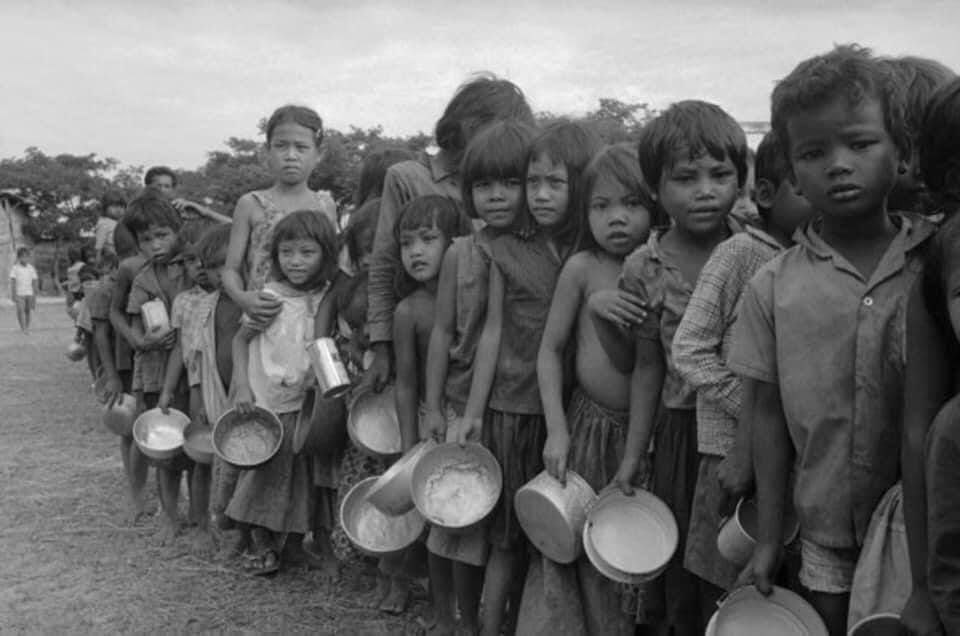If you’ve come across the term “state of mass lack of food,” especially as a hint in a crossword puzzle, the answer you’re likely looking for is famine. However, famine is far more than just a word—it’s a devastating condition that has struck countless populations over history and continues to affect millions globally.
To read about food inspired by the famine in Democratic Kampuchea check out this article.
Table of Contents
Defining Famine: A State of Mass Lack of Food
A state of mass lack of food, or famine, is not simply about food shortages. Famine is a critical, widespread food crisis that occurs when large groups of people are unable to access basic nourishment over extended periods. The result? Starvation, illness, and an increase in mortality rates. When we talk about famine, we’re referring to the gravest kind of food insecurity.

What Causes a State of Mass Lack of Food?
Famine typically results from a combination of factors, including natural disasters, conflicts, and economic collapse. Droughts and floods can devastate agricultural production, reducing the food available for local populations. Wars and political instability further restrict access, making food distribution dangerous or even impossible in some areas.
Climate change also contributes to this crisis, with shifting weather patterns affecting crop cycles and diminishing food supplies. And when poverty and a lack of infrastructure are thrown into the mix, vulnerable populations face a nearly impossible struggle for survival.
To read about street food in Raqqa check this article.



The Human Toll of Famine
The effects of famine are devastating. When food is scarce, prices soar, making food unaffordable for millions. Hunger weakens immune systems, leading to widespread disease, and without intervention, death tolls rise rapidly. Children, the elderly, and the chronically ill are often the hardest hit, as they are least able to withstand long periods without proper nutrition.
What’s Being Done to Combat Famine?
Organizations like the World Food Programme and various NGOs strive to provide immediate relief by delivering food supplies to affected regions. Longer-term solutions are equally important, focusing on improving agricultural practices, supporting local economies, and developing infrastructure. However, lasting solutions often require political stability and cooperation, which are not always achievable in conflict zones.
Beyond the Crossword Puzzle Clue
So, while famine might be a simple answer to a crossword clue about a “state of mass lack of food,” the reality is a complex and dire humanitarian issue. Famine is not just about food scarcity—it’s a reflection of systemic vulnerabilities, political turmoil, and the urgent need for global cooperation to prevent suffering on a mass scale.

